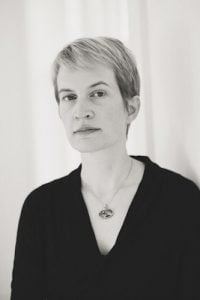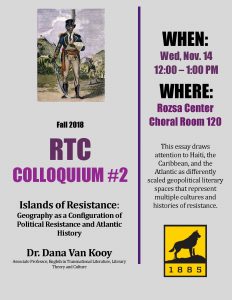 Please join the Department of Humanities for a Rhetoric, Theory and Culture Colloquium on Wednesday, November 14 titled “Islands of Resistance.” Dana Van Kooy, associate professor of english in transnational literature and literacy theory and culture, will present “Islands of Resistance: Geography as a Configuration of Political Resistance and Atlantic History” (see abstract below). This essay draws attention to Haiti, the Caribbean, and the Atlantic as differently scaled geopolitical literary spaces that represent multiple cultures and histories of resistance.
Please join the Department of Humanities for a Rhetoric, Theory and Culture Colloquium on Wednesday, November 14 titled “Islands of Resistance.” Dana Van Kooy, associate professor of english in transnational literature and literacy theory and culture, will present “Islands of Resistance: Geography as a Configuration of Political Resistance and Atlantic History” (see abstract below). This essay draws attention to Haiti, the Caribbean, and the Atlantic as differently scaled geopolitical literary spaces that represent multiple cultures and histories of resistance.
Please join us 12 p.m. (noon) Wednesday, November 14 in Rozsa Center room 120 (choral room).
Abstract:
Islands of resistance. The phrase commonly refers to isolated pockets of organized and oppositional force. Significantly, when interpreting the phrase, the emphasis falls more on the geographical features of an island than on the refusal to comply. The geographical imagery encircles and confines resistance: limiting its effectiveness to a series of singular actions or to a small, containable collective movement. In the cultural imaginary, the island represents a point of stasis in the midst of an immensely larger—very fluid and indomitable—natural force. However, the island’s characteristics—its isolation, its remoteness from everywhere else, and its unique ecology—also produce a synecdoche: the world is an island. What I find relevant here is how geographical markers reconfigure the politics of the phrase, both positively and negatively.
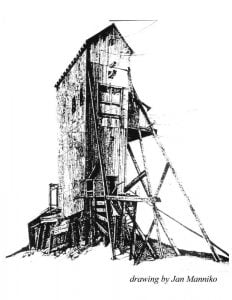
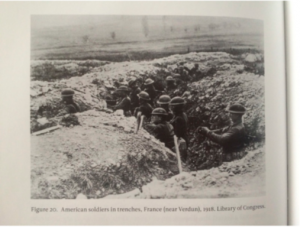
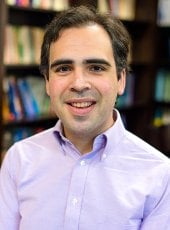
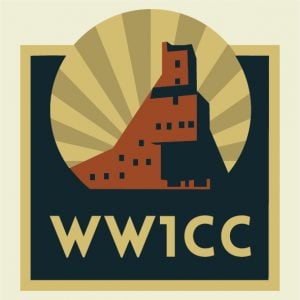 A talk on Copper Country Mothers during World War I by
A talk on Copper Country Mothers during World War I by  Join
Join 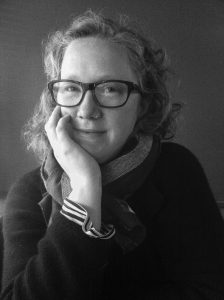 Award-winning fiction writer
Award-winning fiction writer  Nancy Henaku, Rhetoric, Theory, and Culture PhD candidate, has published a paper in the African Journal of Rhetoric titled
Nancy Henaku, Rhetoric, Theory, and Culture PhD candidate, has published a paper in the African Journal of Rhetoric titled  William De Herder, Rhetoric, Theory, and Culture PhD student, has published a paper in Praxis: A Writing Center Journal in which he discusses Michigan Tech’s own
William De Herder, Rhetoric, Theory, and Culture PhD student, has published a paper in Praxis: A Writing Center Journal in which he discusses Michigan Tech’s own 